The above content is mentioned in the Law on Cadres and Civil Servants (amended) passed by the National Assembly on the morning of June 24.
Consisting of 7 chapters and 45 articles, the Law takes effect from July 1; the provisions on the evaluation of cadres and civil servants take effect from January 1, 2026.
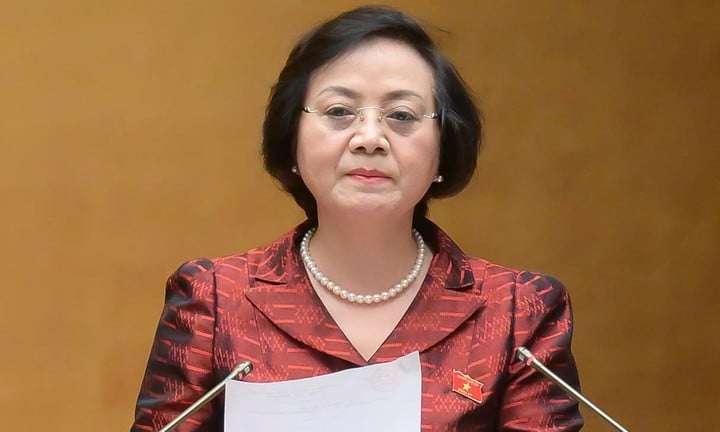
In the report on acceptance and explanation sent to National Assembly delegates before pressing the button to pass the Law, the Government said that there were concerns about the regulation on paying an additional amount of money equal to salary for days not off.
The Government explained that the payment of an amount equal to salary for days not taken off is regulated by the current Law to ensure the rights of cadres and civil servants in cases where, due to work requirements, they are not allowed to take leave or do not use up all their annual leave days. The Government will detail the specific contents of the process, procedures, and conditions to ensure consistency in the implementation process.
Accordingly, Clause 1, Article 11 (Rights of cadres and civil servants regarding rest and other rights) stipulates: " Cadres and civil servants are entitled to annual leave, holidays, personal leave, and unpaid leave in accordance with the provisions of the law on labor.
In case, due to job requirements, cadres and civil servants do not use or do not use up all of their annual leave days, in addition to their salary, they will be paid an additional amount equal to their salary for the days they do not take off .
Officials and civil servants "work a lot, get a lot, work less, get less"
One of the new points of the Law on Cadres and Civil Servants (amended) compared to current regulations is the salary policy of cadres and civil servants.
Specifically, Article 10 (Rights of cadres and civil servants regarding salaries, bonuses and salary-related regimes) clearly states that cadres and civil servants are entitled to salaries, bonuses and other incomes based on the results and products of the job position held, in accordance with the socio -economic development conditions of the country and locality.
Based on this regulation, the Government will direct competent agencies to research and regulate expenditure norms (other than salary expenditure) according to products for each job to ensure that the income of cadres and civil servants is linked to results, efficiency and labor productivity.
" This regulation will motivate officials and civil servants to improve the quality of their work on the basis of ensuring the principle of income commensurate with the value of their labor, "work more, get more, work less, get less", gradually solving the problem of income inequality ", the Government's report on acceptance and explanation clearly stated.
This is a new point compared to the 2008 Law on Cadres and Civil Servants. The 2008 Law stipulates that "cadres and civil servants are guaranteed by the State a salary commensurate with the assigned tasks and powers, in accordance with the country's socio-economic conditions".
Evaluation and classification of civil servant quality is also a content with many new points in this revised law.
Based on the results of monitoring, evaluating and classifying quality, competent agencies and organizations shall consider and decide on implementing rewards, additional income regimes and bonuses according to regulations.
In case a civil servant fails to complete his/her duties or fails to meet the requirements of the duties, the competent authority or organization may consider assigning him/her to a lower job position or dismissing him/her.
Source: https://baolangson.vn/can-bo-cong-chuc-duoc-nhan-tien-khi-khong-nghi-het-nhung-ngay-nghi-trong-nam-5051083.html


![[Photo] First training session in preparation for the parade to celebrate the 80th anniversary of National Day, September 2nd](https://vphoto.vietnam.vn/thumb/1200x675/vietnam/resource/IMAGE/2025/6/25/ebf0364280904c019e24ade59fb08b18)
![[Photo] More than 124,000 candidates in Hanoi complete procedures for the 2025 High School Graduation Exam](https://vphoto.vietnam.vn/thumb/1200x675/vietnam/resource/IMAGE/2025/6/25/fa62985b10464d6a943b58699098ae3f)


![[Photo] General Secretary To Lam works with the Standing Committee of Quang Binh and Quang Tri Provincial Party Committees](https://vphoto.vietnam.vn/thumb/1200x675/vietnam/resource/IMAGE/2025/6/25/6acdc70e139d44beaef4133fefbe2c7f)


















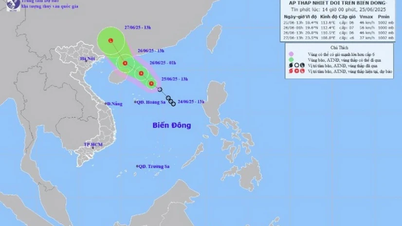





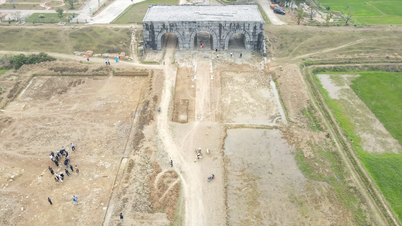





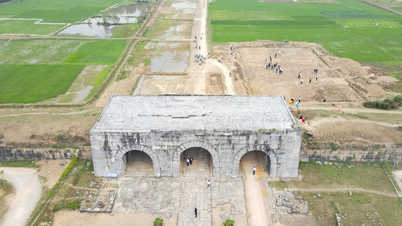




































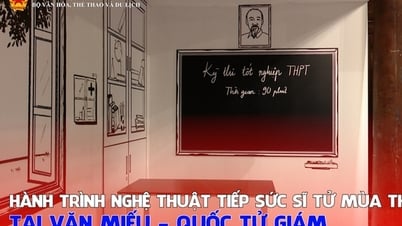





























Comment (0)